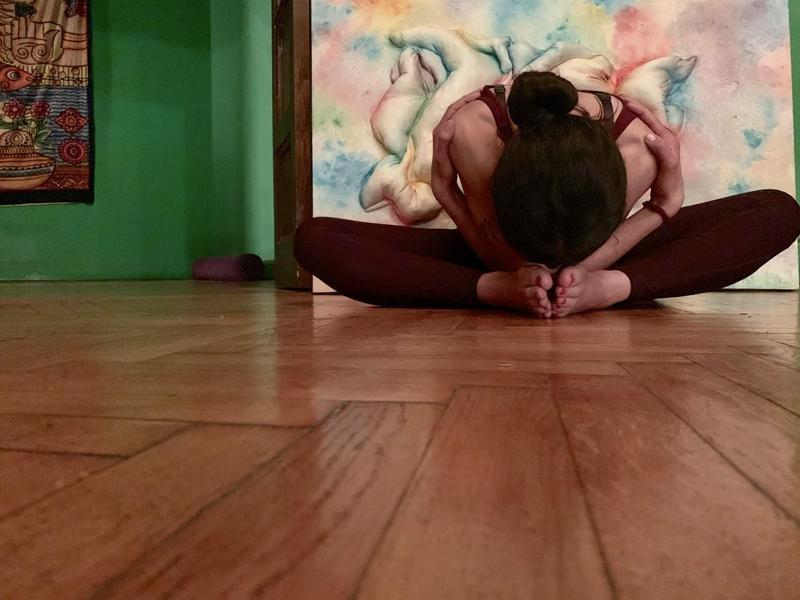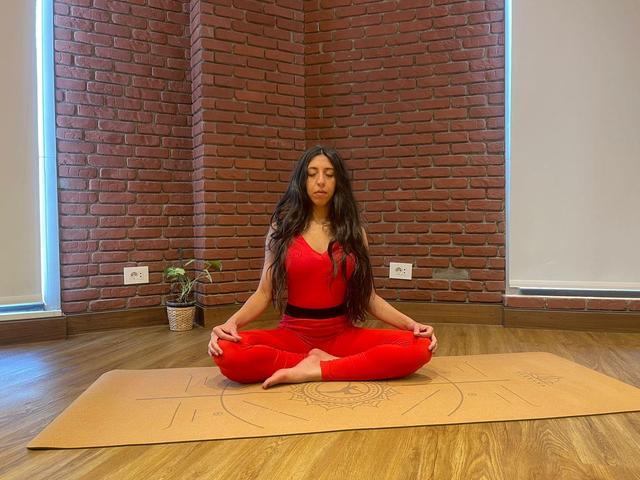Meditation For Grief
Navigating grief is hard, even without a global pandemic, and it’s certainly that much harder with it. Grief is a normal response to loss during or after a disaster or other traumatic event. It can happen in response to loss of life, as well as to drastic changes to daily routines and ways of life that usually bring us comfort and a feeling of stability.
Grieving the loss of a loved one while coping with the fear and anxiety related to the COVID-19 pandemic can be especially overwhelming. The pandemic is forcing many of us to change the way we go about our daily lives. With those changes, some of us are experiencing a wave of losses: economic, social, physical and emotional. For some, these losses may build up and lead to feelings of grief.
During the pandemic, the family and close friends of a person who died of COVID-19 may experience stigma, such as social avoidance or rejection. Stigma hurts everyone by creating fear or anger towards other people. Some people may avoid contacting you, your family members, and friends when they would normally reach out to you.
Dina will explain the stages of grief and share a nourishing meditation practice to tap into your healing wisdom, find courage in the face of suffering, and uncover inner resources to deal with grief.
Meditation For Grief doesn’t have reviews yet.
Click the button below to leave the first one!
Dina Omar doesn’t have reviews yet.
Click the button below to leave the first one!
Be the first to post a message!

